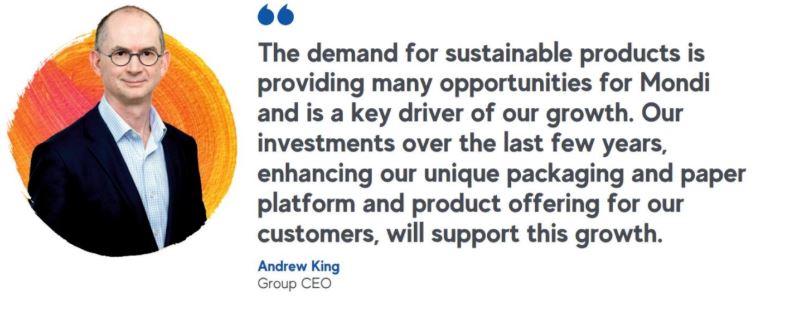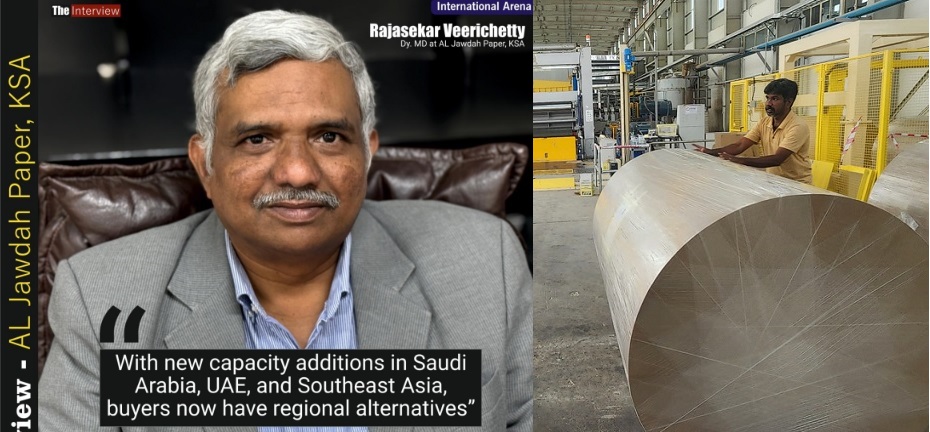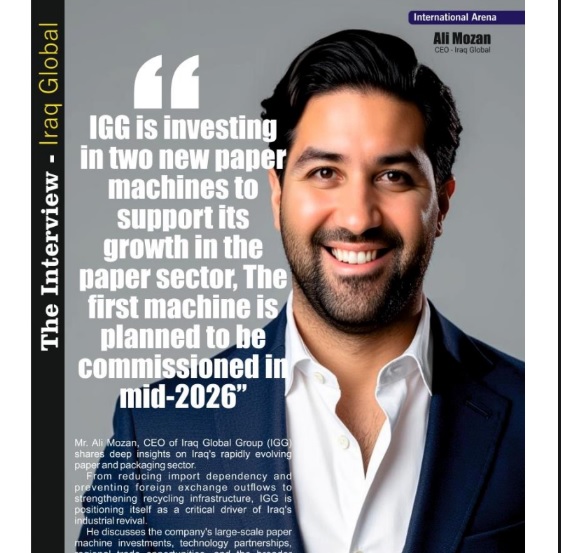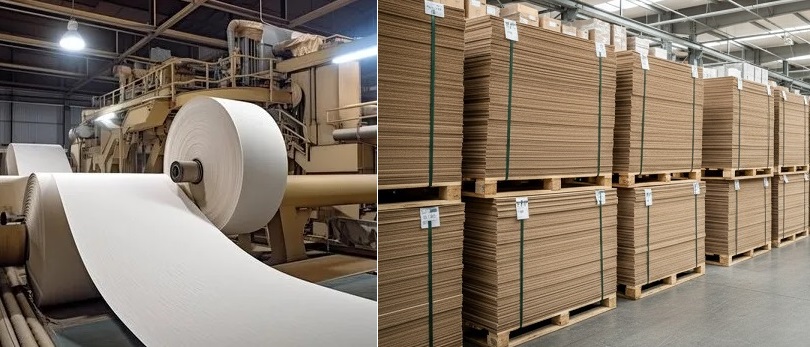India emerges as key growth driver amid global recovered paper turmoil, BIR Reports
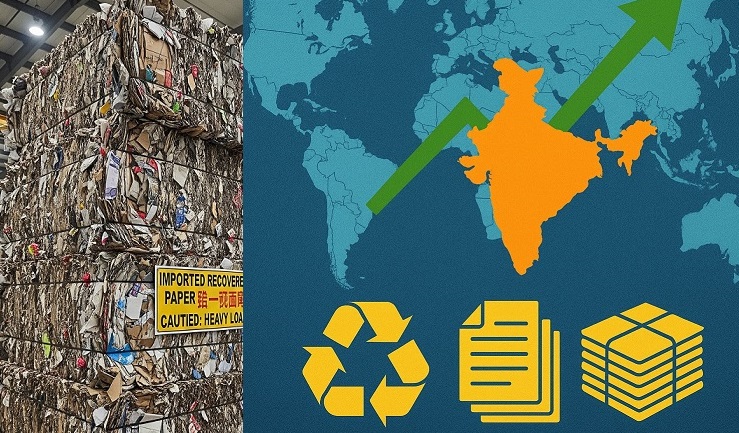
India emerges as key growth driver amid global recovered paper turmoil, BIR Reports
By Francisco J. Donoso, President – Paper Division, Bureau of International Recycling (BIR)
The Pulp and Paper Times
The Bureau of International Recycling (BIR) has unveiled its Annual Report for FY 2024, capturing a year of turbulence for the global recovered paper and board sector. Amid trade disruptions, high costs, and looming regulatory threats, one bright spot stood out—India, which played a vital role in absorbing excess recovered fibre and supporting global market equilibrium.
Economic Fragility Dents Demand Across Global Markets
As BIR Paper Division President Francisco J. Donoso reports, 2024 was marked by sluggish global economic activity that led to weakened demand for paper and board products. Many paper mills responded with extended downtime and production cuts, squeezing the recycling industry on both the supply and demand fronts.
“Throughout 2024, we faced a challenging environment where economic weakness translated directly into reduced consumption of recycled fibre,” Donoso stated. “This created serious commercial consequences for our operations worldwide.”
Europe: Cost Pressures and Financial Uncertainty
European recyclers experienced an intensified strain as costs for energy, labour, and freight rose sharply. This margin squeeze was particularly damaging for smaller operators, many of whom faced financial instability or even bankruptcy.
Shipping Challenges Compound Global Trade Pressures
Logistical obstacles added to the difficulties. The Red Sea/Suez Canal crisis led to longer shipping routes between Europe and Asia—extending transit times from 30 to 50 days, as highlighted by John Atehortua of RAW at the BIR Singapore meeting. This disruption elevated freight rates and introduced operational unpredictability.
In North America, labour strikes at key East Coast and Gulf State ports—together responsible for about 54% of U.S. exports of recycled materials—sent ripples through the trade. Fortunately, a tentative deal between employers and the union representing 45,000 dockworkers was reached in early 2025, ending the standoff.
India: A Rare Growth Story Amid Global Volatility
Against this backdrop, India emerged as a critical stabilizing force. Despite its own challenges—including weakened domestic demand, inflation, and elevated freight costs—India remained a reliable and expanding market for recovered fibre exports.
“India has one of the fastest-growing paper economies,” Donoso said. “It stands out as a willing and capable recipient of global surplus material, particularly from Europe.”
Simone Scaramuzzi of LCI SRL, speaking in Copenhagen, confirmed that Asia’s recovered paper imports from Europe surged to around 7 million tonnes in 2023, with India playing a major role in this growth. This demand helped cushion the impact of oversupply elsewhere and offered exporters a crucial outlet at a time of global uncertainty.
Regulatory Headwinds: EU’s Waste Shipment Regulation (WSR)
Despite India’s positive role in global trade, regulatory developments in Europe threaten to derail this mutually beneficial relationship. The newly revised EU Waste Shipment Regulation (WSR) could significantly limit exports of recovered paper to non-OECD countries—including India—after 2027, unless exporters can secure end-of-waste status for their materials.
“This regulation poses a serious risk to Europe’s recovered fibre sector,” Donoso warned during the BIR session in Copenhagen. “Exports are not just commercial opportunities—they are financial lifelines that support our domestic recycling infrastructure.”
Donoso and BIR General Delegate Fátima Aparicio of Repacar both emphasized that achieving end-of-waste designation is critical to ensuring continued trade flows and avoiding a regulatory bottleneck that could harm both exporters and importers.
Environmental Messaging and Political Crosswinds
Beyond market mechanics, Donoso also echoed a call to amplify the industry’s environmental achievements. “We must talk more about our contribution to reducing carbon emissions,” he said, referencing remarks from Past President Ranjit Singh Baxi of J&H Sales International.
However, global environmental momentum may be at risk. With Donald Trump’s return to the White House, there is growing apprehension about potential rollbacks of Environmental, Social and Governance (ESG) commitments—especially those tied to recycled content in packaging.
Reinforcing this concern, guest speaker Jun Park of VIPA Group urged traders to proactively inform and align with clients regarding compliance under the new WSR. “Engagement and preparedness are our best tools,” he said.
Conclusion: The Path Ahead
The BIR’s 2024 report paints a sobering picture of global disruption—but also one of resilience and cooperation. As traditional markets faltered and regulatory barriers loomed, India stood firm, providing essential demand and acting as a key pressure valve for the world’s surplus of recovered paper.
“In times of global uncertainty, partnerships like those between Europe and India are not only commercially vital but environmentally responsible,” Donoso concluded. “We must protect and strengthen these ties as we navigate an increasingly complex future.”
Web Title: India emerges as key growth driver amid global recovered paper turmoil, BIR Reports




 Join WhatsApp Group
Join WhatsApp Group Join Telegram Channel
Join Telegram Channel Join YouTube Channel
Join YouTube Channel Join Job Channel (View | Submit Jobs)
Join Job Channel (View | Submit Jobs) Join Buy Sell Channel (Free to Submit)
Join Buy Sell Channel (Free to Submit) Paper News Headlines Channel (Free to read)
Paper News Headlines Channel (Free to read)





